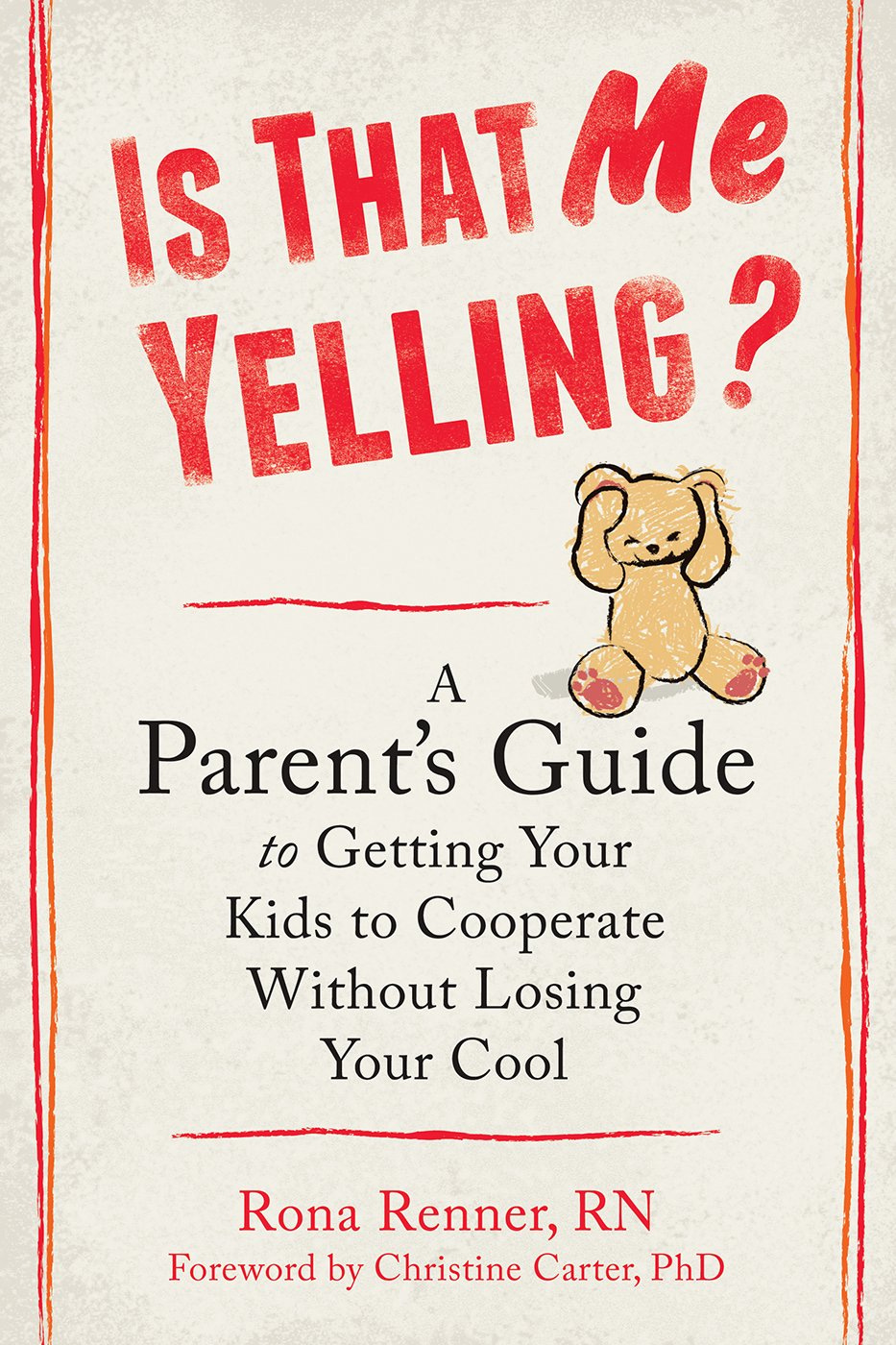Is That Me Yelling? A Parent's Guide to Getting Your Kids to Cooperate Without Losing Your Cool
Discover the Life-Changing Power of Peaceful Parenting Strategies
Good afternoon, friends! Welcome to the ReadVault Club. I'm Tom Niklas, a seasoned writer and book reviewer. Please subscribe to me and join us in reading 52 books a year together.
I specialize in providing book reviews on personal growth, leadership, family and parenting, mental health, humanities, and history. I aim to assist busy citizens enjoying the benefits of reading books but struggling to find the time.
To help more people to read books easily, don't forget to like, share, and comment below. Your actions are helping more people.
Today, I will talk about this parenting book called "Is That Me Yelling? A Parent's Guide to Getting Your Kids to Cooperate Without Losing Your Cool." Because in life, you often see so many parents yelling and screaming at their kids, right?
Many parents feel that they should raise their voices to discipline their children. But do you know how damaging that can be for the kids? So I'm really eager for everyone to hear about this book on communicating with your children without yelling and shouting.
One of the blurbs for this book stuck with me, it said there's never been a more compassionate book. Why is it called compassionate? Because finally, there's a parenting book out there that doesn't constantly criticize you. Reflecting on the other books I've discussed before; parents might feel extremely guilty after reading them. Many moms and dads end up thinking "Wow, that's me. I'm doing it all wrong." But that guilty feeling doesn't help you improve as a parent. We shouldn't be piling on the guilt like that.
This book starts by building understanding first. The author is a renowned American nurse and an expert in her field. She's also a grandmother. And she openly shares how she used to yell and scream at her kids and grandkids. Because she went through tough times in her life, and after each outburst, even times when she struck her son, she would be full of immense regret. But she gradually realized that self-blame and putting yourself down doesn't actually help you get better.
Understand yelling
So the book begins by getting us to understand yelling first. The first point is - you're not alone in this struggle. Almost every family deals with yelling at some point. If you haven't experienced it, look around at your friends' families - I guarantee you'll see it happening. Who among us wasn't yelled at by our parents growing up? So know that you're not the only one facing this.
Then, yelling can sometimes actually be useful. When is yelling useful? If your child is crossing the street and doesn't see an oncoming car, wouldn't you yell "Watch out!" at that moment? That's very helpful and necessary. So when kids are in real danger or an emergency, a parent's yell can keep them safe. You absolutely should yell in those crucial moments to potentially save their life. Apart from such emergencies, most other yelling isn't necessary.
And you have to avoid self-blame and shame. What's done is done, acknowledge you made a mistake, and commit to doing better next time. But wallowing in regret and shame takes away your motivation to improve. "I know I did wrong before, but I still accept myself," only by accepting yourself, and only through self-acceptance can you truly grow, you know?
Usually yelling happens because of external triggers as a parent. You have to get clear on what your triggers are. For some, it's coming home to a messy room full of toys - that's the trigger. As soon as she sees the mess, she may blow up. So identify your triggers, and work through strategies to handle them better, so you don't fly off the handle each time.
Escalating negative thoughts
So first, get clear on your emotional triggers. Then, what's the next thing many of us do after encountering a trigger that leads us to yell? We start escalating negative thoughts that just amplify the situation.
So what are these "escalating negative thoughts" I mentioned? When you see a messy room full of toys, you might immediately consider, "Why am I always the one cleaning up?" Then you escalate to "No one else cares about this household except me. I'm the only one who puts in effort around here." You start feeling sorry for yourself, wondering how you ended up with this spouse, and you end up yelling at the kids. Essentially, you've taken one small trigger and blown it up by attaching all these other frustrations about your life to it. You amplify the situation by letting your thoughts spin out of control. So you have to watch out for that.
To reduce this habit of negative escalating, you should practice observing and recording what's happening when you blow up. It is an incredibly effective way to reduce yelling to write down your outbursts. Write down the situation that triggered you, your physical sensations, the emotional reactions, the thoughts running through your mind, and how you acted. This self-awareness, this "mindfulness" that Buddhism teaches, is used a lot in modern psychology. By journaling your anger episodes, you'll find yourself yelling less and less frequently.
Keep reading with a 7-day free trial
Subscribe to ReadVault to keep reading this post and get 7 days of free access to the full post archives.



